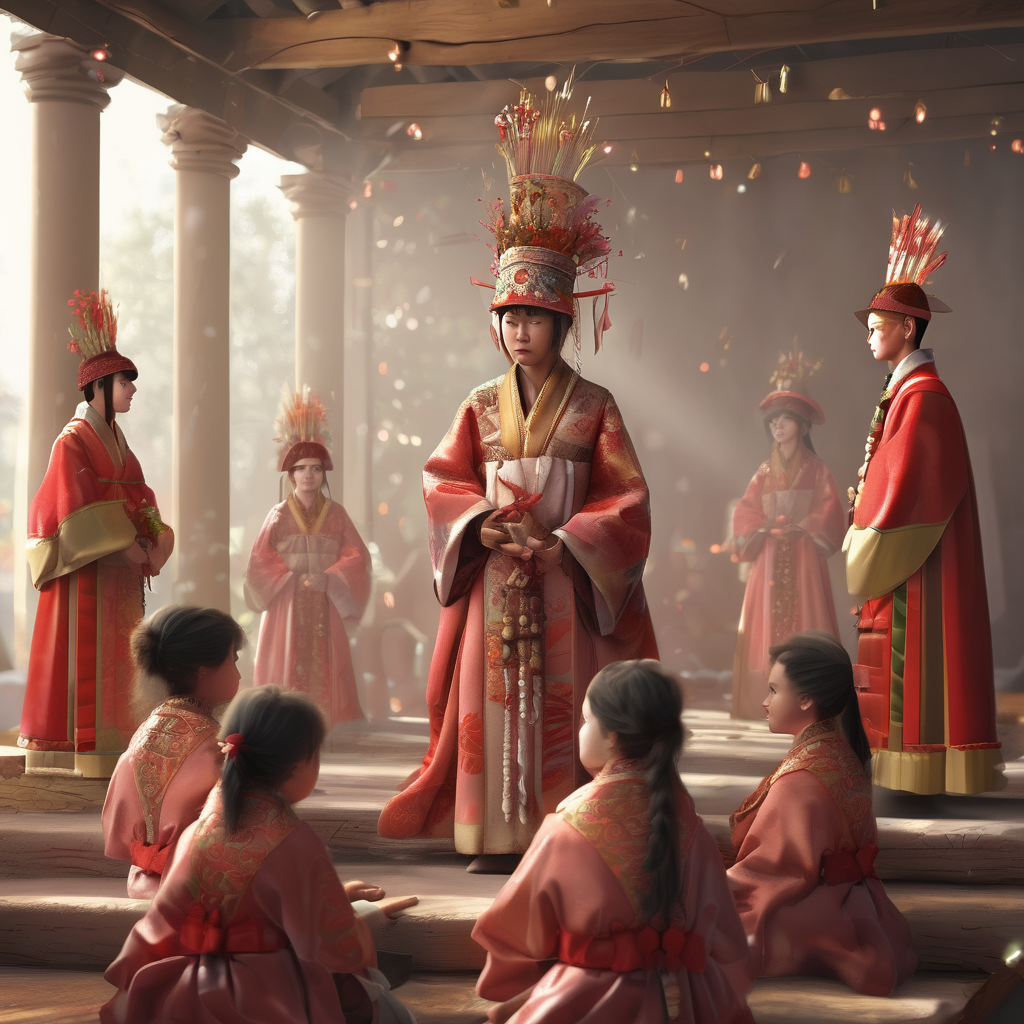Board games have been played since ancient times. Archaeological evidence shows that ancient civilizations, such as the Egyptians, Mesopotamians, Greeks, and Romans, played board games. The Royal Game of Ur, one of the oldest known board games, was commonly played in Mesopotamia around 2600 BCE. These ancient games often had religious or symbolic significance and were associated with beliefs, rituals, and social practices of the time.
Board games have also been used as educational tools to teach various skills and values. In ancient China, the game of Go, which dates back over 2,500 years, was used to teach strategic thinking, patience, and discipline. Moral lessons were also imparted through games. The Indian game of Snakes and Ladders, played since the 2nd century BCE, symbolized the concepts of karma and the cycle of life, teaching players about the consequences of their actions.
During the medieval and Renaissance periods, board games became popular among the nobility and upper classes. Chess, the popular board game that originated in India and spread throughout Europe, became a symbol of intelligence, strategy, and social status. Chess was often associated with courtly life, chivalry, and the ideals of medieval society. The Game of the Goose, played in Europe during this time, combined luck and strategy and was associated with fortune and destiny.
Board games have served as cultural expressions and social bonding activities. Traditional board games, such as Mancala in Africa, Pachisi in India, and Senet in ancient Egypt, were deeply rooted in their respective cultures and reflected social customs, values, and storytelling traditions. These games provided opportunities for social interaction, community building, and transmitting cultural knowledge from one generation to another.
With the advent of industrialization and mass production, board games became more accessible to wider audiences. In the 19th and 20th centuries, games like Monopoly, Scrabble, and Clue gained popularity. These games reflected the changing social and economic landscapes of the time. Monopoly, for example, reflected the rise of capitalism and property ownership, while Scrabble emphasized literacy and vocabulary skills.
In recent decades, board games have continued to evolve and adapt to changing cultural contexts. The popularity of Eurogames (also known as German-style board games) has grown, emphasizing strategy, cooperation, and engaging gameplay mechanics. These games have embraced themes from various cultures and historical periods, promoting cross-cultural understanding and appreciation.
The rise of digital technology and online platforms has transformed the landscape of board games. Digital adaptations of traditional board games and the emergence of online multiplayer games have brought board gaming experiences to a global audience. This has facilitated cultural exchange and created new opportunities for social interaction and community building in the digital realm.
Throughout history, board games have served as more than mere forms of entertainment. They have been vehicles for cultural expression, education, social bonding, and reflection of societal values. Board games continue to evolve and adapt, bridging cultural gaps, promoting social interaction, and providing a shared experience across diverse communities. Their enduring popularity highlights their cultural significance and the universal appeal of engaging in playful competition and strategic thinking.







Leave a Reply